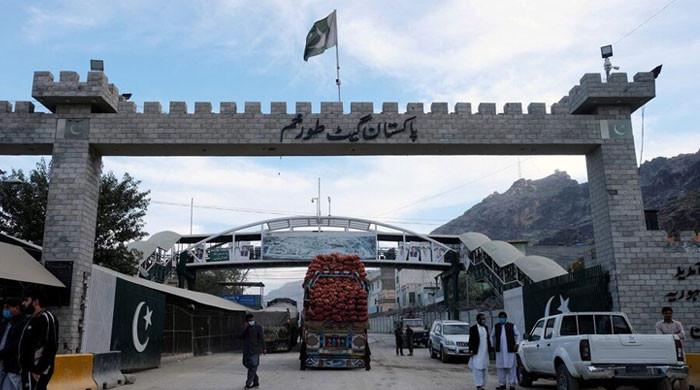Honda, Pak Suzuki extend plant shutdowns over inventory shortages, import restrictions
Honda will shut down its plant till April 30; Pak Suzuki to suspend operations at motorcycle plant till Apr 28
April 13, 2023

- Honda Atlas says supply chain has been "severely disrupted" due to govt measures.
- Pak Suzuki says inventory shortages behind extension of motorcycle plant closure.
- Auto sector remains engulfed in various crises, including restrictions on opening of LCs.
Two major automakers — Honda Atlas Cars (Pakistan) Limited and Pak Suzuki Motor Company Limited — announced extensions in plant shutdowns on Thursday, as the country’s economic turmoil persists.
In a regulatory filing, Honda Atlas said the company was not in a position to continue production and was therefore shutting its plant from April 16 to 30.
“Further to our letter dated March 31, 2023, and considering the current economic situation of Pakistan whereby the government resorted to stringent measures, including restricting opening of LCs (letters of credit) for import of CKD kits, raw materials and halting foreign payments, the company’s supply chain has also been severely disrupted,” the notice stated.
Honda Atlas had initially shut down its plant on March 8 and it was expected to end on March 31. However, the automaker later extended the shutdown to April 15. It is the longest halt in the company’s history.
Separately, Pak Suzuki also announced in a notice that it was extending its motorcycle plant shutdown till April 28 citing inventory shortages. The company had already been observing non-production days for the two-wheelers since March 20. It had also announced that its automobile plant would halt production on April 7 and 14 due to low inventory levels.
The auto sector remains engulfed in various crises, with a number of automakers announcing complete or partial shutdowns in recent months citing various reasons including reduced market demand and an inability to maintain inventory as companies struggle to secure LCs.
With the country’s foreign exchange reserves at a critically low level, banks are reportedly denying the opening of LCs for items which are not "essential".
Toyota Motors and Pakistan Suzuki, among several other four- and two-wheel makers have time and again shut down their plants which have affected their sales. The companies have also raised the prices of their CKD models which has dented people’s already low purchasing power.
The country remains short of much-needed dollars to meet its import and other external payment commitments. The central bank’s foreign exchange reserves stand at just over $4.03 billion, barely enough for a month of essential imports.
Meanwhile, the government is trying to finalise an agreement with the International Monetary Fund (IMF) to revive the stalled Extended Fund Facility (EFF) programme, which if approved by its board would release a funding tranche of over $1bn.











